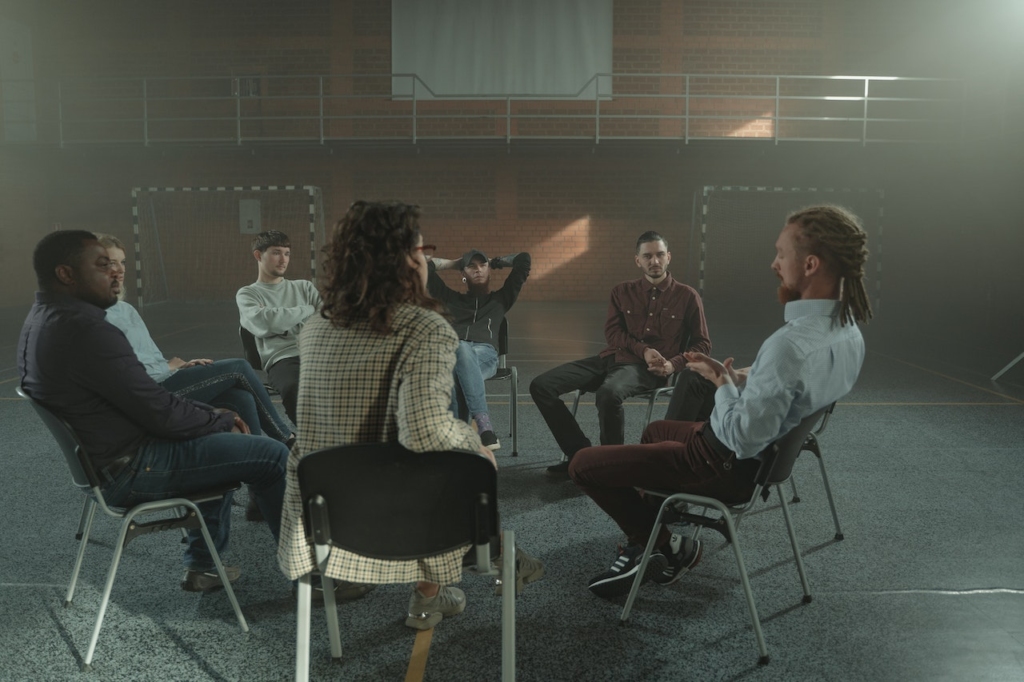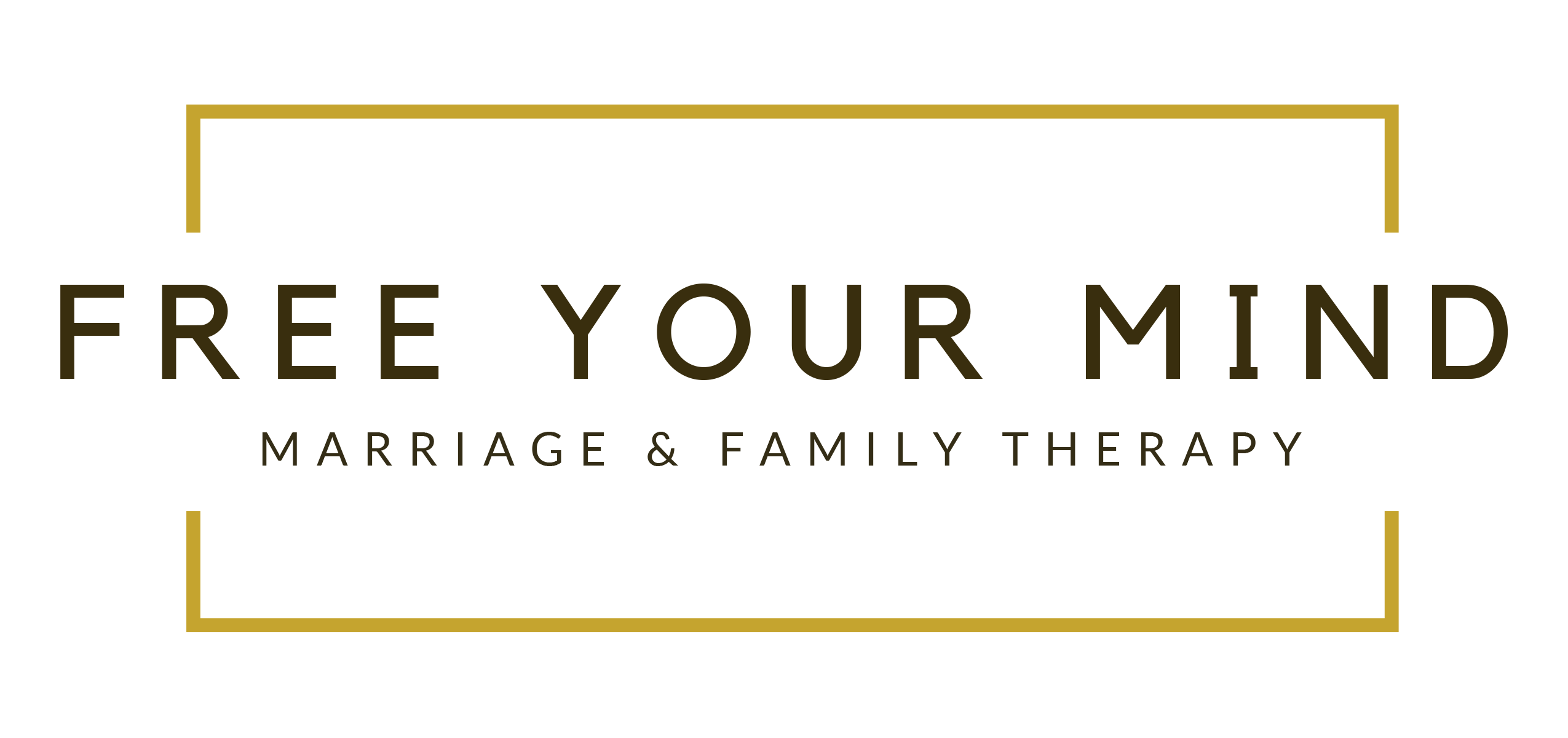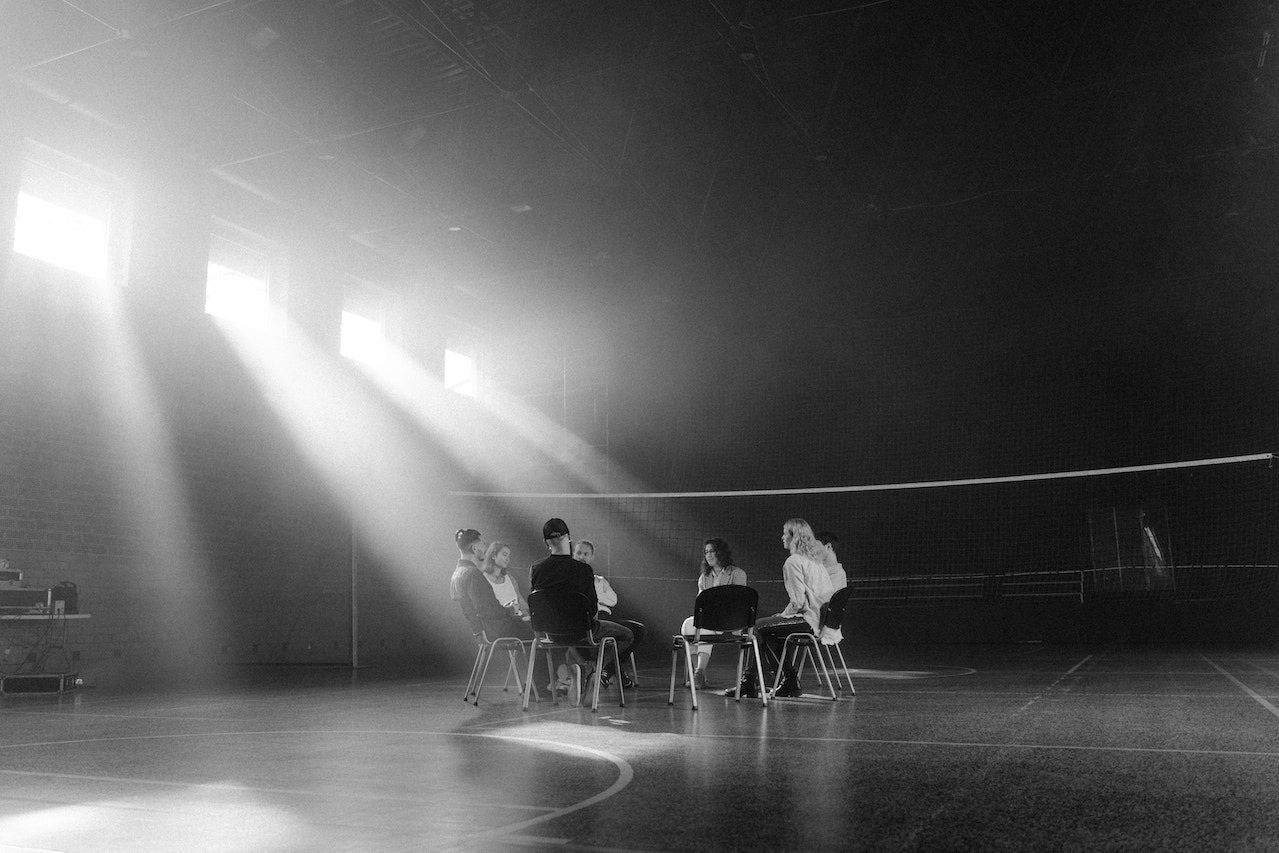Group therapy is a form of psychotherapy that involves one or more therapists working with several patients at the same time. It is often integrated into a comprehensive treatment plan that also includes individual therapy.



Group therapy can be categorized into different types depending on the mental health condition. The most common types of group therapy include:
- Cognitive behavioral groups – help to identify and change inaccurate or distorted thinking patterns, emotional responses, and behaviors.
- Interpersonal groups – focus on interpersonal relationships and social interactions, including how much support you have from others and the impact these relationships have on mental health.
- Psychoeducational groups – educating clients about their disorders and ways of coping, often based on the principles of cognitive behavioral therapy.
- Skills development groups – focus on improving social skills in people with mental disorders or developmental disabilities.
- Support groups – provide an array of benefits for people with a variety of mental health conditions.
- Psycho-educational support group – provide psychoeducation about mental health disorders, symptoms, and positive coping strategies.


